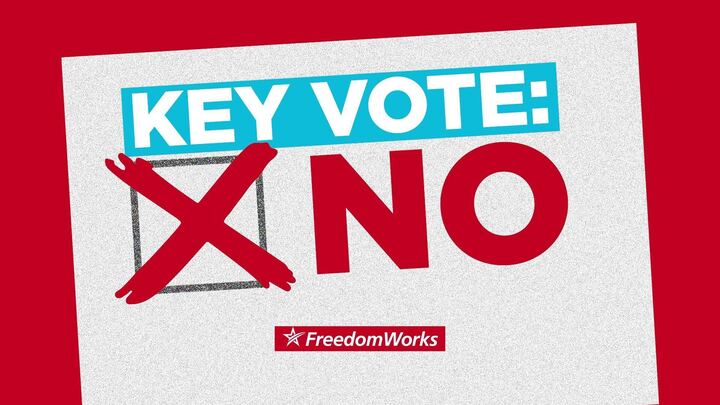A Case You Should Know About From Each Circuit Court: Part 1
No matter which circuit boundary you live in, the activism in the courts throughout the country affect you and your rights. Take a gander at the cases below to see the precedents being established that are threatening your civil liberties.
1st Circuit: United States v. Jose Baez
The Bureau of Alcohol, Tobacco, Firearms and Explosives placed a GPS monitoring device on Baez’s car – without a warrant – and tracked him for nearly a full year. A previous court decision established that this warrantless tracking is excusable if it’s only for 11 days under a “good-faith” exception. The Supreme Court of the United States ruled that GPS tracking of this nature does constitute a 4th Amendment search, in which a warrant is necessary. Ignoring both of these precedents, the 1st Circuit ruled that the GPS monitoring of Baez’ vehicle didn’t violate any of his rights and thus dismissed Baez’s appeal and complaints. Read the full decision here.
2nd Circuit: C.L. v. Scarsdale Union Free School District
According to federal law, states are required to develop an Individual Education Plan for each disabled student that works in conjunction with the child’s right to Free Appropriate Public Education. C.L.’s public school declined to create an education plan for him so his parents enrolled him to attend a private school and looked to the State for reimbursement for the education costs. The 2nd Circuit Court, reversing the decision of the lower courts, ruled in favor of C.L. and his parents, granting them money for tuition costs since the public school did not adequately uphold its federally mandated responsibilities of being an adequate education provider. Read the full decision here.
3rd Circuit: Constitution Party of Pennsylvania v. Aichele
In order to be on the ballot in Pennsylvania without being a registered Democrat or Republican, a candidate must submit extra paperwork, which can impose additional administrative and litigation costs. A group of independent, politically natured organizations filed suit against the Attorney General in order to challenge the validity and fairness of these practices. The 3rd Circuit Court ruled in favor of the organizations, affirming that the groups have adequate grounds to their case. The case was remanded for further proceedings. Read the full decision here.
4th Circuit: PPL EnergyPlus, LLC v. Nazarian
In an attempt to affect electricity rates within its borders, Maryland subsidized the construction of a new power plant. EnergyPlus, an established electricity company who would be a competitor against this new plant, filed suit against the State claiming that the effects on the electricity rates would have interstate repercussions and thus need to be regulated by the Federal Energy Regulation Commission (FERC), not the state of Maryland. The 4th Circuit Court ruled against the State, establishing that Maryland is not allowed to subsidize the power plant or have control over its electricity rates in this way because it infringes upon the power of the federal powers at play – the FERC. Read the full decision here.
5th Circuit: The Arkansas Project v. Bryan Shaw
The Arkansas Project, asserting power under the Endangered Species Act, filed suit against the Texas Commission on Environmental Quality for its work on withdrawing water from certain interstate rivers. The Arkansas Project moved to establish an injunction on these rivers because whooping cranes are known to nest there in the winter. The District Court granted the injunction, prohibiting the Commission’s work. The 5th Circuit reversed this decision, ruling that by granting an injunction, the lower court had approved a government taking without compensation. In addition, the Court found that the wellbeing of the whooping cranes in relation to the water withdrawal could not be proven as a cause and effect relationship. Read the full decision here.
This article is Part 1 of a two-part update on court decisions that you should know about. To read about major court decisions that affect your civil liberties that have been made in the 5th through 11th Circuit read Part 2 here.



